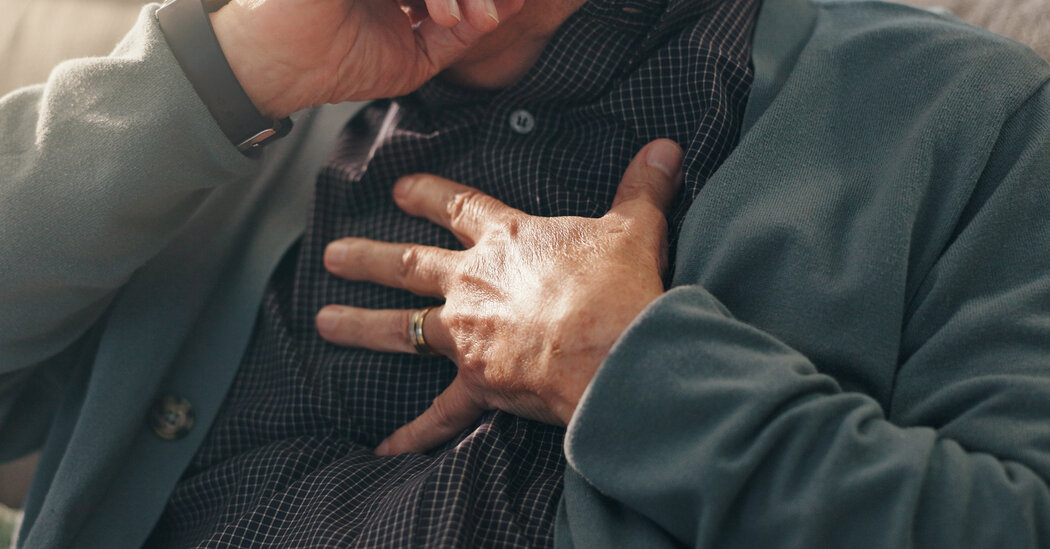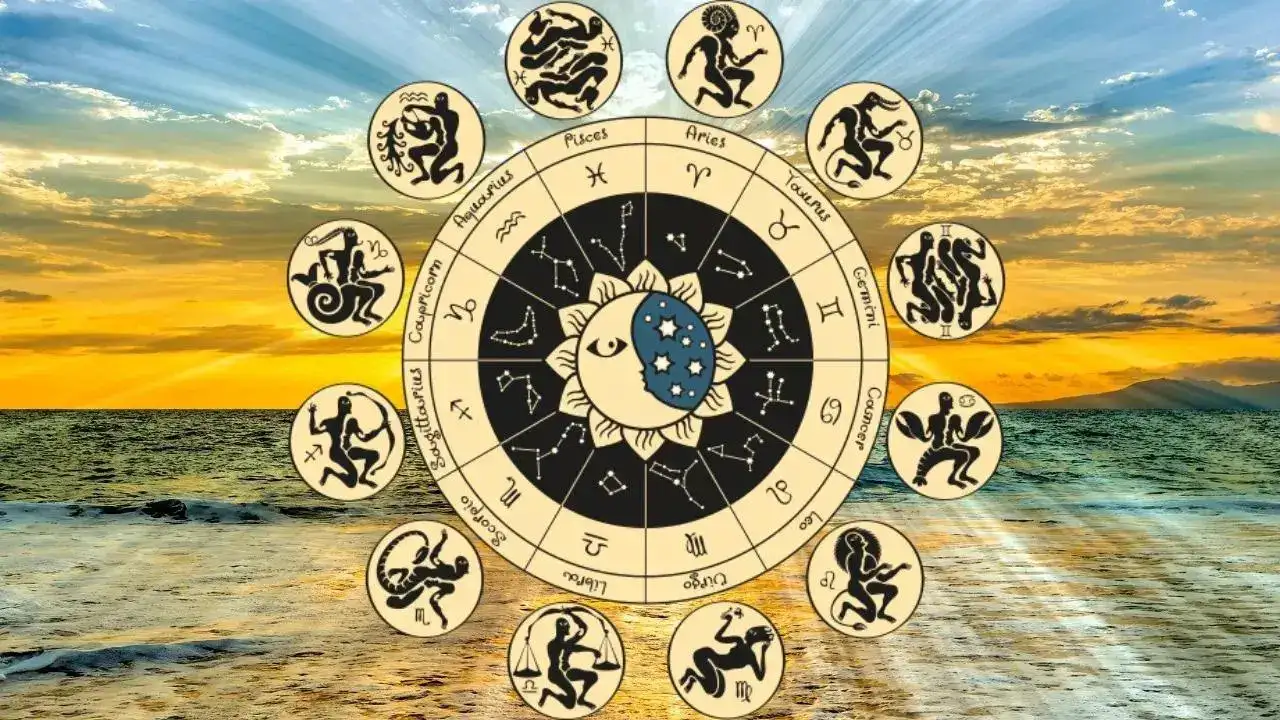Copyright The New York Times

A number of viral infections, including flu, Covid-19 and shingles, are linked to an increased risk of heart disease and stroke, a new study affirmed. The risk of a heart attack triples within the first few weeks after a Covid-19 infection, the study suggested, and quadruples in the month after a flu infection. The study, published Wednesday in the Journal of the American Heart Association, was a large review and analysis of existing research. “It endorses a general idea that we’ve been thinking about and talking about for the past several years — that infections are generally not benign,” said Dr. Ziyad Al-Aly, a senior clinical epidemiologist at Washington University in St. Louis, who was not involved in the study. “It may start as a respiratory virus, but that’s really the tip of the iceberg, and it has downstream ramifications in multiple organ systems, specifically in this case in the cardiovascular space,” Dr. Al-Aly said. What the research found The new analysis set out to document the relationship between viral infection and heart disease in light of growing evidence about the effects of Covid on cardiovascular health, said Dr. Kosuke Kawai, an associate adjunct professor of medicine at the University of California, Los Angeles, and the lead author of the paper. The review included more than 150 studies. Though they varied in size and methodology, the studies were consistent in showing an association between viral infections and heart disease and stroke. Multiple studies have shown that Covid infection increases the risk of cardiovascular diseases, including heart attack and stroke. This increase is most pronounced around the time of initial infection and for those with the most severe cases. Some studies have shown that the increased risk persisted for years after the initial infection. The summary of research on influenza showed similar outcomes, with a fourfold increase in the risk of a heart attack and a fivefold increase in the risk of stroke during the month after infection. The research also showed that chronic viral infections — including hepatitis C, H.I.V. and varicella zoster, the virus that causes shingles — increased the risk of heart disease and stroke over time. In addition, the research showed an association between respiratory syncytial virus, human papillomavirus, dengue and chikungunya infections and cardiovascular disease, but the evidence was more limited. “All of these roads lead to Rome,” Dr. Al-Aly said. How can viruses hurt your heart? The way these infections cause heart trouble most likely varies, experts said. Acute infections, including bacterial ones, can cause fever and increase heart rate, placing stress on the heart. Sometimes the heart muscle does not receive enough oxygen to meet those demands, which can result in a heart attack, said Dr. Daniel M. Musher, a professor of medicine and of microbiology and molecular virology at Baylor College of Medicine and the Veterans Affairs Medical Center in Houston. In the long term, though, “it all boils down to chronic inflammation,” Dr. Musher said. Because of intense research on Covid over the past five years, scientists now know that it directly damages the endothelium, or lining, of blood vessels in the heart and lungs. That leads to localized inflammation, which can cause clots to form. If those clots grow big enough or break off, they can block vessels that supply blood to the heart or brain, leading to a heart attack or stroke. These clots can also travel to the lungs and block blood vessels there, a condition known as a pulmonary embolism, which is another complication of Covid, Dr. Musher said. But how does a virus that attacks the liver, such as hepatitis C, or one that targets the immune system, such as H.I.V., affect the heart? The answer, experts said, also appears to be through inflammation, which can persist well after an initial infection. Plaques that build up on the inside of artery walls are full of inflammatory cells, Dr. Musher said. “If you get a bunch of inflammation elsewhere in the body, these inflammatory cells react, kind of sympathetically,” he said. That reaction can make the plaque rupture, increasing the chance that a clot will form and block a blood vessel, leading to heart attack or stroke. What you can do The best way to protect yourself is to prevent infection in the first place, doctors said. Vaccines are available for many viruses, including the flu, Covid and shingles. Vaccines also help reduce the severity of disease if you do get infected, which may in turn lower your risk of heart complications and stroke. If you have had a viral infection, that doesn’t mean you will develop heart disease. High cholesterol, high blood pressure, diabetes and smoking history remain the major risk factors. (Risk also goes up as you age.) Many of these factors can be mitigated with lifestyle changes or medication. The lesson here, Dr. Al-Aly said, is to treat viral infection as one risk factor among many. “If it already happened, you cannot undo that,” he said. “Pay attention to the other modifiable risk factors so you can lower your overall risk of cardiovascular disease.”



